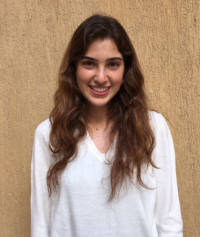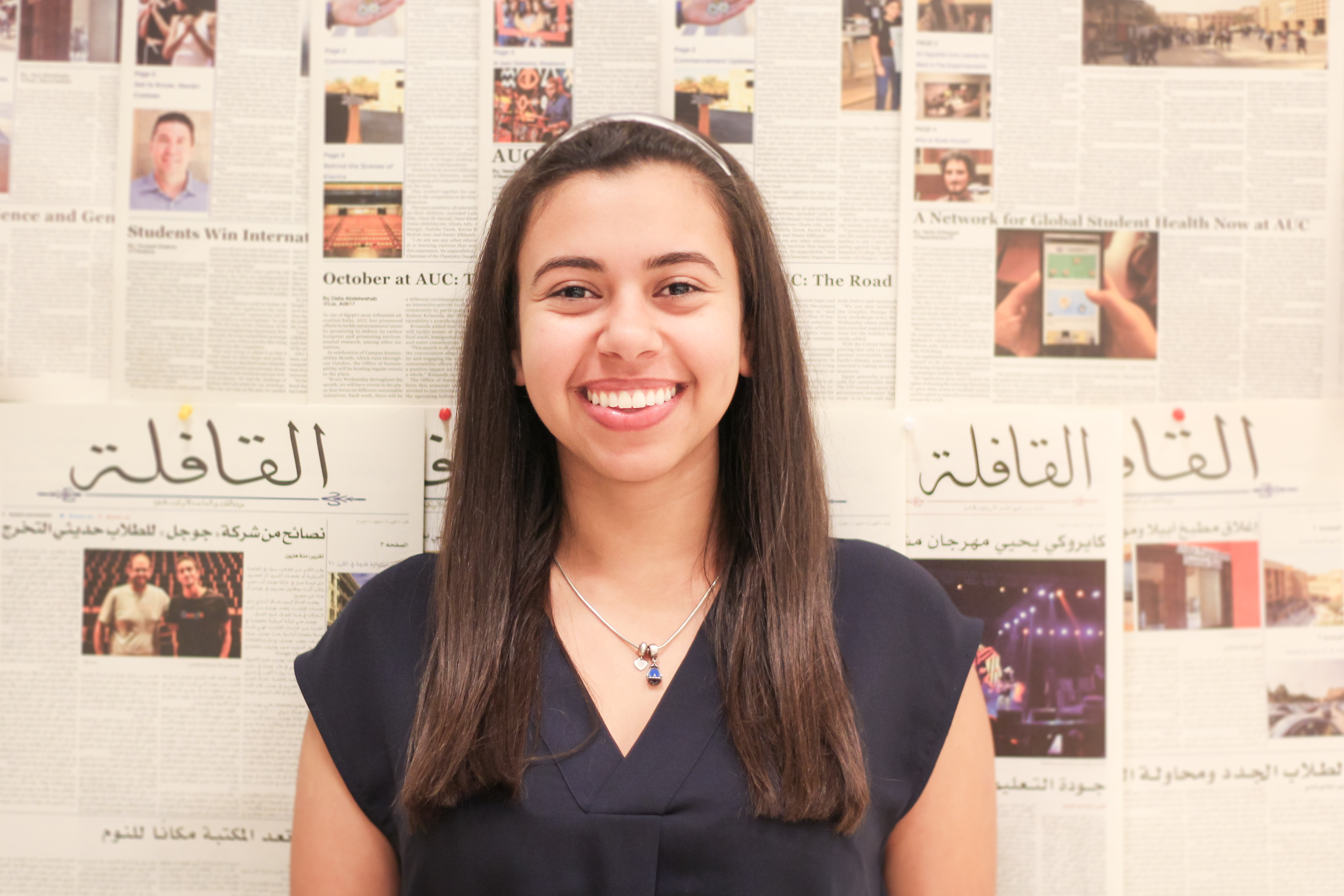Don’t Punish the Victims
 I hope to one day volunteer at a refugee camp abroad, like Greece, I told a family member.
I hope to one day volunteer at a refugee camp abroad, like Greece, I told a family member.
“How do we know the refugees aren’t killers, rapists or drug addicts?” was their response.
The utter belligerence of that question took a toll on me – for a few hours I was generally upset and, for the most part, hurt.
I was hurt that after all the years I spent advocating against associating the word “refugee” with such hostile connotations, my efforts may have fallen on deaf ears.
My story is like that of many; an entire side of my family was in fact forced to seek refuge, some having to relocate many times.
A more rational reaction to my expressed ambition may have been “why cross the sea to help people when you can help those inside our borders?”
But even after explaining that Greece is the first stop for many refugees, particular Syrian ones attempting to seek asylum in Europe, my plans to volunteer were still deemed preposterous.
Nationalism slowly turns into xenophobia when we start to prioritize our own over others, forgetting that we are all humans at the end of the day and that race and ethnicity are social constructs created to ease the process of conformity and control over “citizens.”
We create categories of “us” versus “them,” and “they” are always inferior to the highly praised yet fictional grouping of “us.”
“Why don’t you go and volunteer in the rural areas of Egypt instead?” was the second question I got.
And how are we so sure these people aren’t molesters or murders, if I am to follow the initial logic? Is it simply because they are Egyptian that we eliminate any possibility of faults?
“Refugees seek refuge from something, how do I know what they are running from?”
This third question left me in awe.
“They are running from war!” was my immediate snap. They are running from bullets, bombs, torture, starvation, lack of sewage, and a memory of carnage and chaos, death and destruction.
This is not to say that no refugee may be of bad character, but to generalize them all as fugitives and criminals is outrageous.
After explaining that the majority of refugees are in fact mothers and children, there are those who still cling to the image of a debauched man with ill intentions.
In the 21st Century, we have come to see refugees as illegal and no longer human.
They are passports, asylum proposals, yellow cards, blue cards, and food stamps.
They have become unemployment rates, boxes of food, first aid kits, and mortality rates; just numbers pestering our national budget and no longer beings with thoughts and feelings we cannot express in digits.
Unfortunately, we tend to forget that refugees by definition are forced to leave their homes. Yet, we treat them as if they consciously chose to abandon family, friends and their entire lives to become second-class citizens in a stranger’s land. Or worse.
We have no authorization nor moral high ground to judge refugees for fleeing, especially since most of us sleep comfortably knowing we will wake up to our cup of coffee in our walled confines and continue to enjoy the security benefits of legal citizens.
Distrusting refugees is tantamount to punishing the victim and using their vulnerabilities to dehumanize and demonize them.
Chastise the war, its agents and funders, its zealots and profiteers but not its victims.
Malak Sekaly
Caravan Columnist



